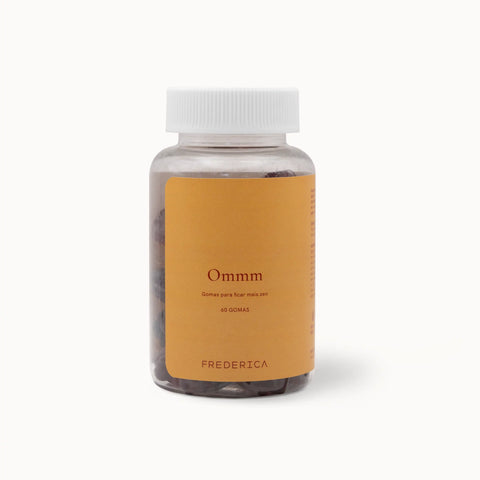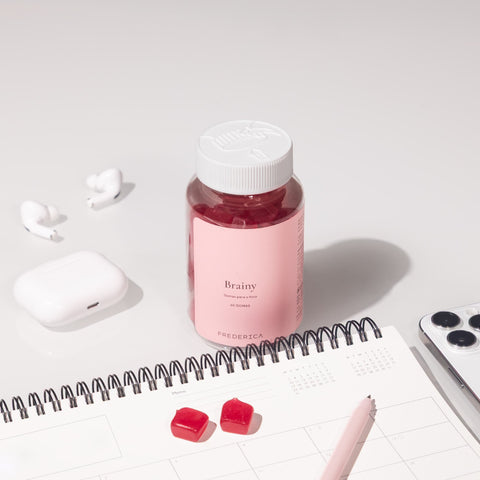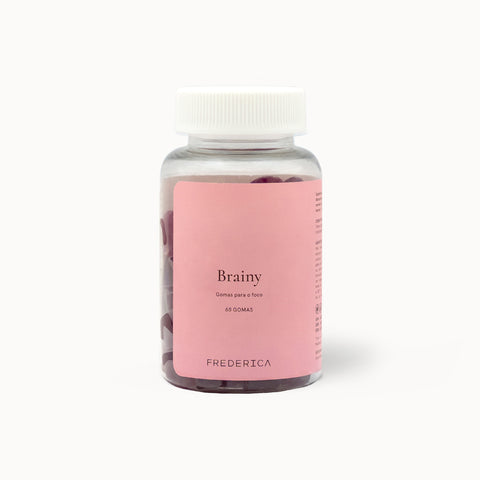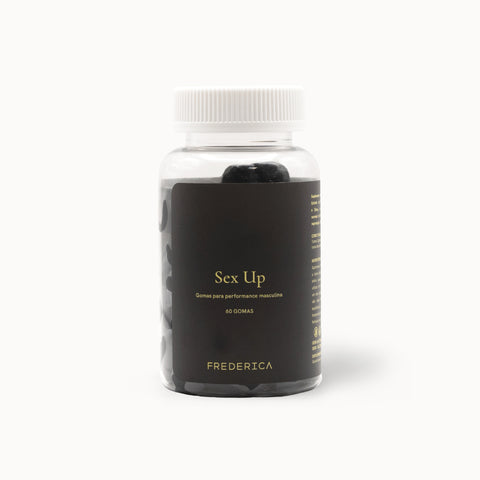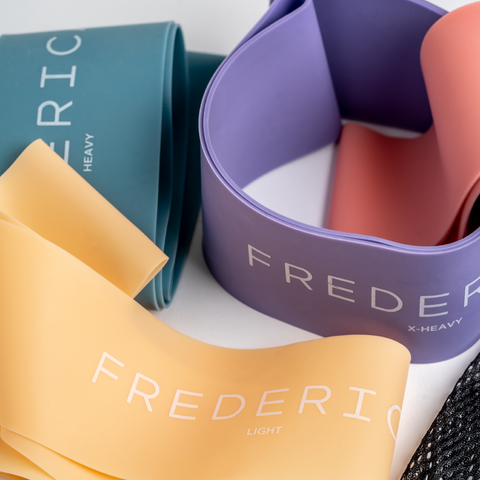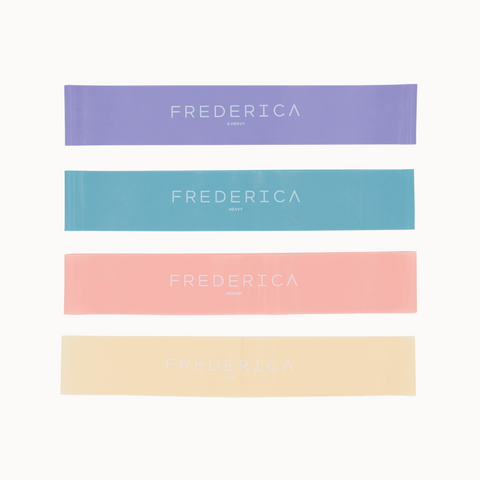Taking care of yourself physically is not about a lack of negative self-acceptance. Wanting to take care of yourself is not synonymous with not loving yourself or deeply repudiating your entire being, due to a certain physical detail that you want to improve. It is about self-love and can only express that you are preserving the physical Universe that carries within it the stars of your soul. And this is healthy and recommended.
What is certain is that, as our physical part is closely linked to our mental, emotional and visceral part, it is necessary to take care of our exterior. Otherwise, this temple, which carries the life within us, will deteriorate faster. Most of us don't want that to happen, right?
The outside is connected to the inside. Just as the brain is grateful for conscious breaths (it becomes more oxygenated and the nervous system is balanced), the skin also appreciates, for example, the care with the cream after a shower (it is not so unprotected and becomes stronger) and our self-esteem is grateful for the color of lipstick that gives it more life (the mind becomes happier).
So, perhaps the most pertinent question is: “ When am I, when taking care of myself, not accepting myself, but in a more extremist or negative way?”. The truth is that there are different opinions on the subject and, similarly, , many exceptions to the rule. Therefore, what I am going to mention here is the most common, what happens most frequently and which leads to the lessons I will share here. It may be harsh, but, deep down, the answer is simple: when I have need to change, almost exhaustively, a large part of my natural physical characteristics, even though I don't have a deformity (but I see them as such) and I live in a state of constant anxiety, to maintain the physical appearance that I think is the only one that suits me. can save. That's where, then, I don't accept myself at all, as I am or as I am. And this is negative, because it unbalances us and because it becomes one of the biggest focuses in our life, distancing us and taking us away the perception of what is good in us, such as wonderful aspects that we may have in terms of our personality and intelligence, emotional or cognitive. This posture does not allow us to value the reality that surrounds us, nor does it allow us to love ourselves, meaning that we are unable to love anything or anyone in a harmonious way. Furthermore: we can put our health at risk.
However, nothing against those who have changed everything, or change, to feel better! Successful cases are those in which physical changes occur, often radical ones, but in which the person did not put their physical and mental health at risk, starting to feel good and live better with themselves, managing to get back on track. focus on other inner aspects, being happy more often than sad. It's time to say: I'm glad it happened.
Reasons for concern arise when:
- The bodily (aesthetic) changes we make still do not satisfy our soul and, for some reason, they never do;
- We felt minimally good about our image until we realized that we are totally different from Kardashian X and we couldn't stop making changes until we became “like her”;
- We do not have creativity, nor an economic situation that allows us to change, as we would like, many aspects of our image and, for that reason, we cannot go out without the company of depression and anxiety;
- Even without any marked or very visible deformity, we cannot see anything beautiful in our body.
If you are currently identifying with one or more of the situations described above, we can safely say that non-acceptance has gained ground in your soul and is taking away your quality of life. However, don't be sad. This emotional situation can be reversed.
Suggestion: it is urgent to work on self-acceptance so that you can “not-accept” QB! You can read, at Frederica, the article: Self-Love: How to Love and Respect Myself for the Rest of My Life? ” . Believe it can help you a lot to take your first steps.
I remember that we live on a planet full of diversity, both in beings and in shapes, textures, colors, materials and energies. And it is these differences that make us live the way we do. Without earth, air, water, fire and all the other elements, we would not exist as humanity, because if they were the same they would not complement each other. What would happen to the fire if there was no air to cause combustion? The same would happen with the evolution of human beings if there were no physical and mental differences between people. There was no evolution at any level.
Difference is part of equality because, as human beings, we are equal. However, there are many social, cultural and family standards that make us reject some differences between us. And the truth is that women have been, and still are, targets of these standards.
Thus, over the centuries, women have been surreptitiously forced not only to look like the standardized female model, but also to “look beautiful” and “not age”, so that they can continue to “Deserve” a good place on the social podium and continue to feel like a woman. These are some of the reasons that have led women, especially women, to not accept very well a discrepancy between themselves and someone else who may be called more beautiful and to not be able to react wisely when they see the first wrinkle and sagging appearing. on body. What is a wise (and healthy) response?
Here is an example:
Situation: Feeling sad because of wrinkles, sagging skin or cellulite.
- Accept that you are sad and that it doesn't matter, because it is human to be like this when something disappoints us;
- Look for a way to reduce this imperfection that is saddening your heart, within your economic possibilities and health limitations;
- Attack “imperfection” calmly, without allowing it to become an obsession;
- Immediately look for something in your body image and aesthetics that you consider beautiful, contemplate and be grateful;
- Every time you think about the new “defect”, look for a positive memory associated with that piece of skin or hair, etc.
Your biggest “flaws” may even hold less good memories, but they certainly also hold memories of hugs, kisses, caresses and other situations of love that you will never, but never, forget. Remember the stories of your life that your small defects tell, the wisdom that already exists in them, and take good care of yourself as best you can, always, but without exaggeration, without forgetting to see the rest of all the beauty that there is in you.
Vanda do Nascimento is a therapist, trainer and Mindfulness instructor at the Escola de Mindfulness Essencial , which she founded in 2016. She began her career as a teacher in 1997, obtaining a degree in Education. On that same date, he also began his studies in Reiki, Meditation and Mindfulness. Later, he embarked on the path of Psychology and delved even deeper into the topic of Mindfulness, in order to continue his fight to control stress and anxiety.








